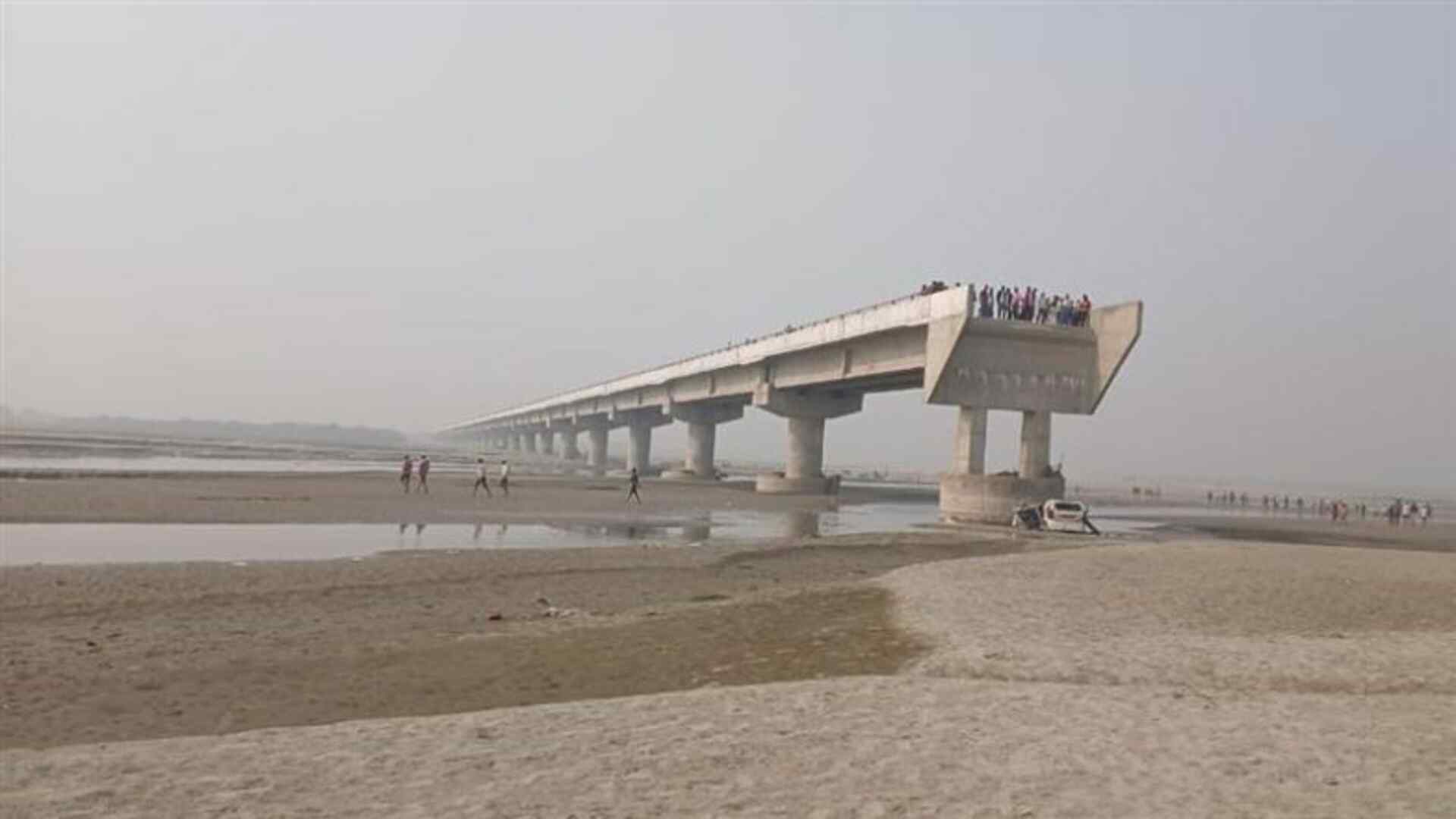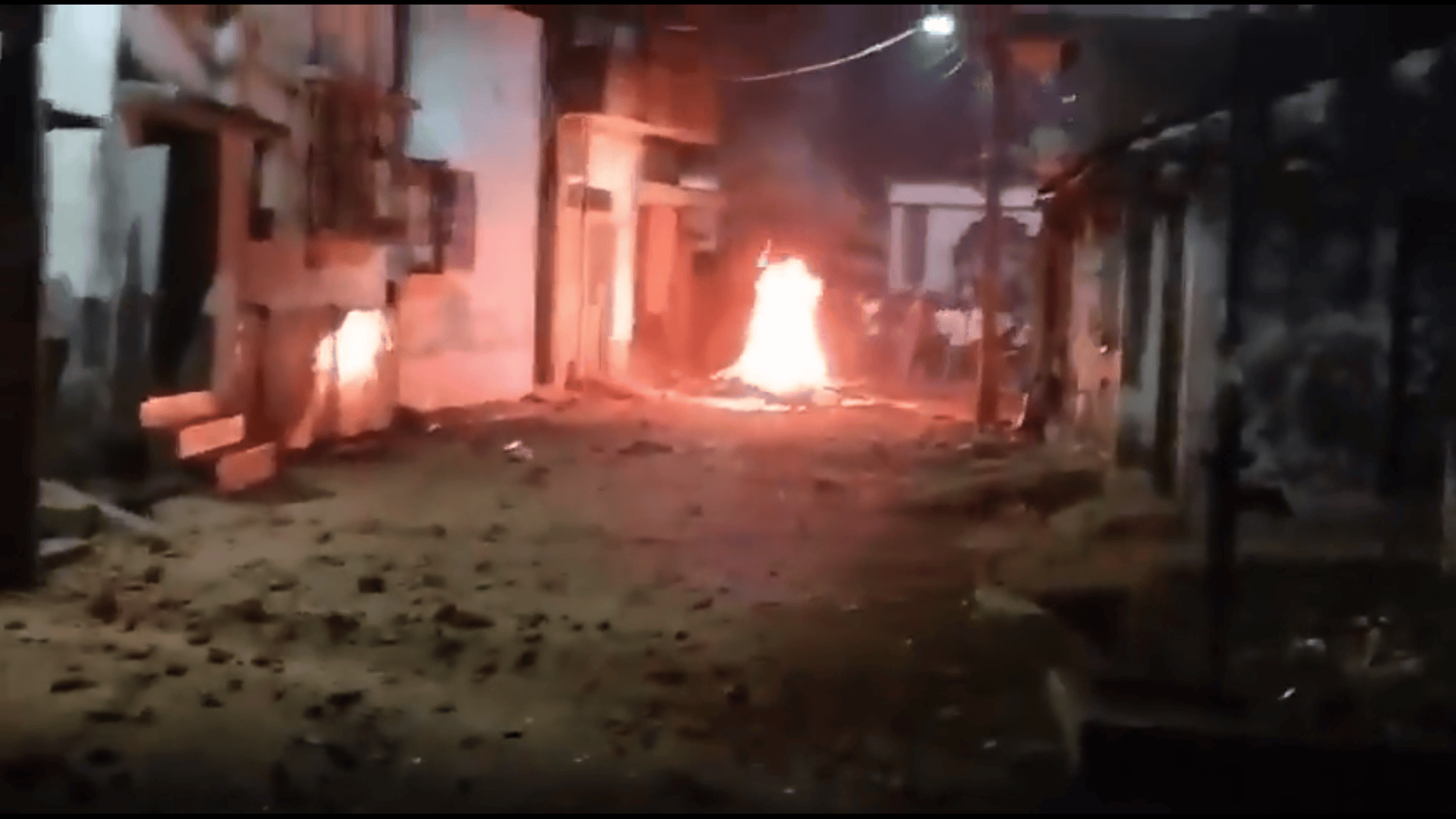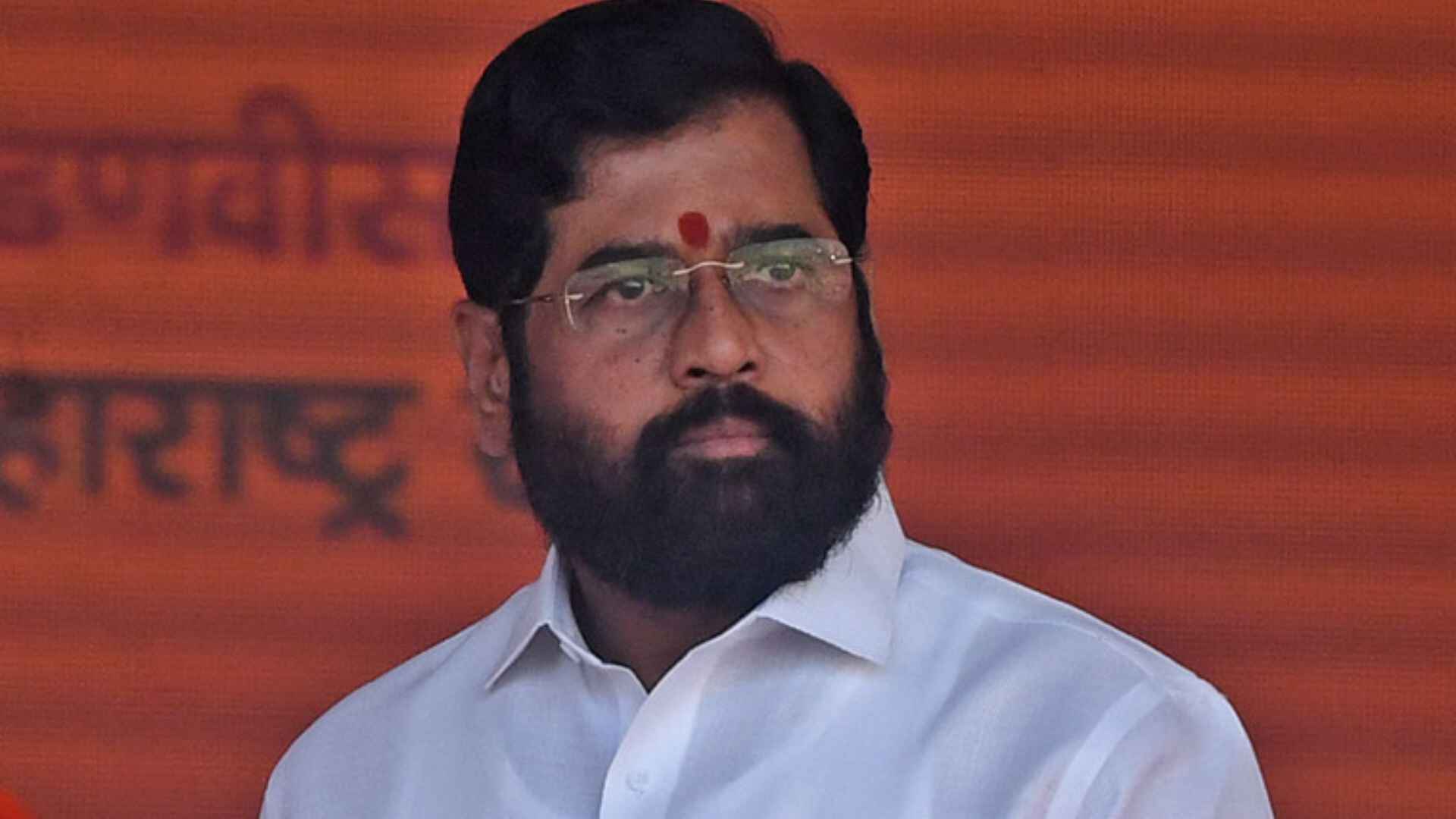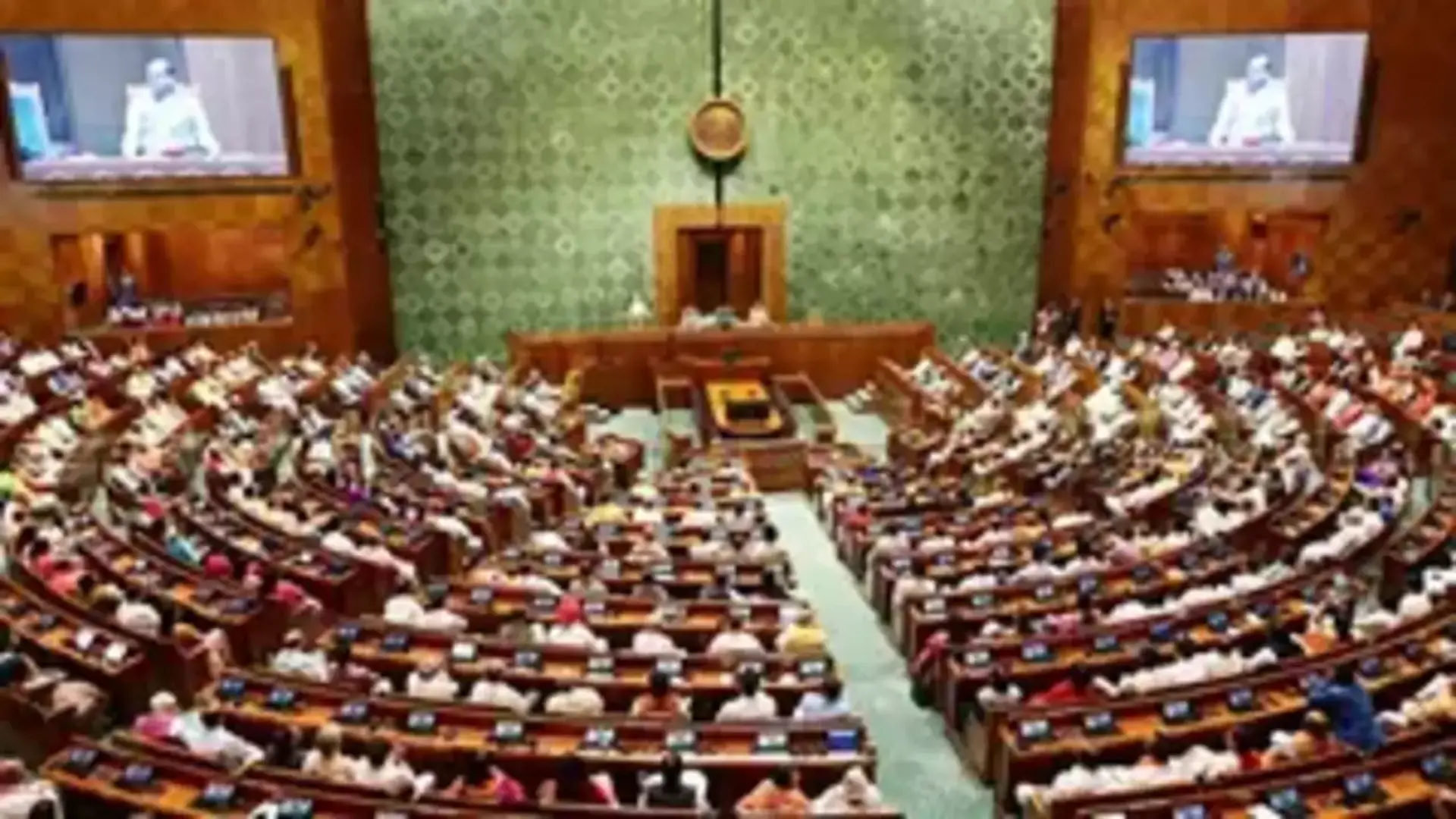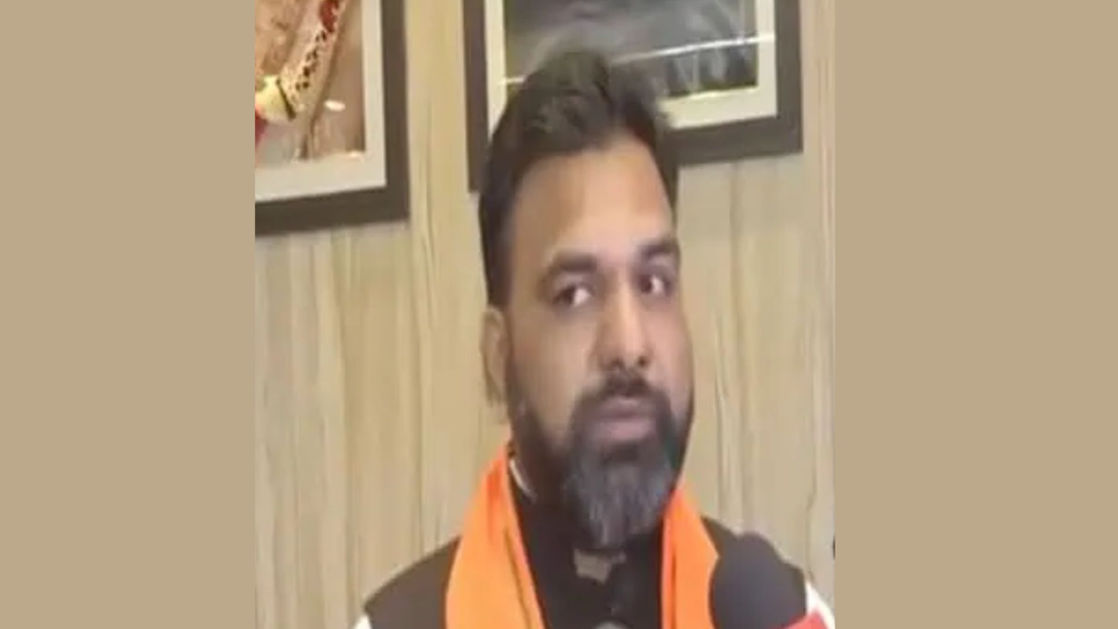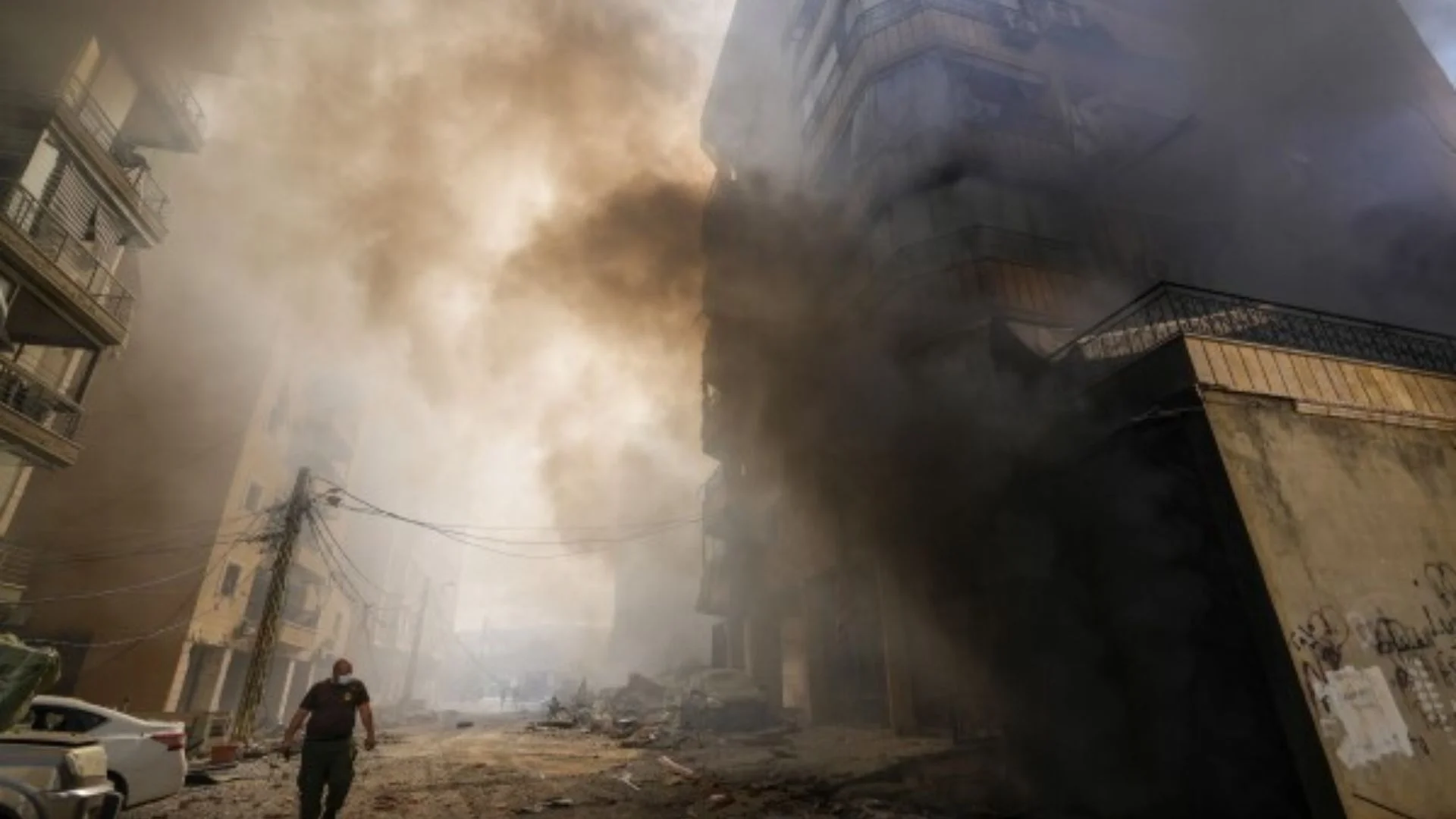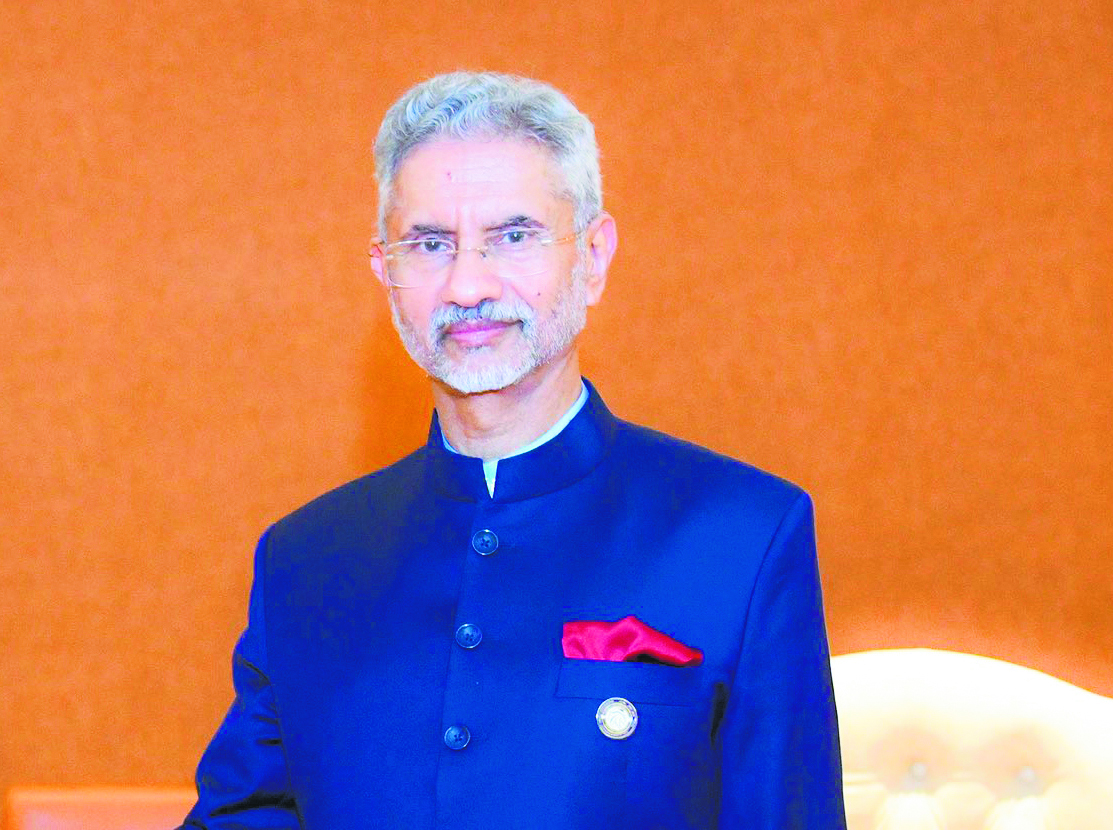
External Affairs Minister S Jaishankar on Monday said that globalization has been weaponized, designating currency, trade, and tourism as “weapons.”
While acknowledging the positive outcomes of globalization, he highlighted its negative side, emphasizing the concentration of economic power in a few regions, upon which much of the world depends.
Addressing the Nigerian Institute of International Affairs in Lagos, Jaishankar noted that the world order established in 1945 persists, with those in control reluctant to create more opportunities for others.
Jaishankar said, “When I spoke about globalization and concentration a different challenge emerging out of that is how globalization itself has been weaponized that today currency is a weapon, trade is a weapon, tourism is a weapon, that dominant players they may be dominant as producers they may be dominant as consumers that they often with very little hesitation leverage their market shares on the global system for their particular national purpose and of course underlying all of this since this is an Institute dealing with International Affairs is a challenge that we know very well which is a world order that was devised in 1945 when the members of the United Nations were roughly 25 per cent of what they are today and that world order continues obstinately because those who are in the driving seat don’t want to create more seats for other people to be at that engine.”
He noted that the global agenda in so many ways today is about restoring the world to its natural diversity. Jaishankar called restoring natural diversity a “collective objective” and highlighted the challenges that the world faces in the process. In his remarks, Jaishankar said, “The global agenda in many ways today is about restoring the world to its natural diversity because the world was diverse the world is diverse it was distorted by the period of Western domination and in a post-Colonial world today restoring that natural diversity is actually a collective objective. Now what are the challenges to that process one of course is while many of us attained independence we have all built our Nations and societies.” The minister underscored the challenges of the current global agenda, stating that it revolves around restoring the world to its natural diversity. He referred to this as a “collective objective” but acknowledged the difficulties involved in achieving it.
The reality is also that the old domination has not let go that in different ways it may not be the imperialism of the 19th and early 20th century but in different ways today many of those who dominated the world for the last 200 to 300 years continue to do so with new instruments with new regimes with different techniques.

